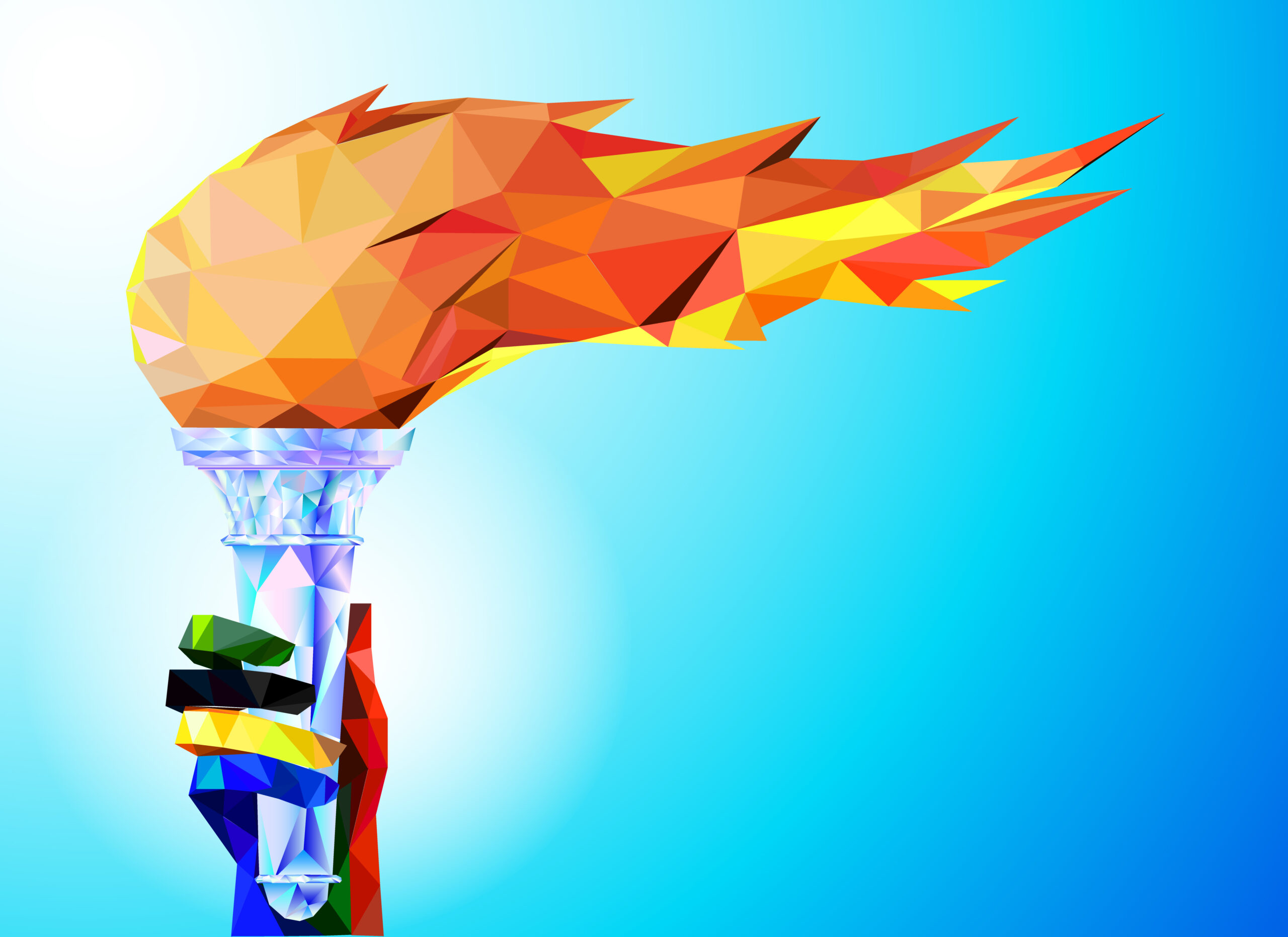
Unlocking Gold: The Intersection of Athletics and Learning
“It’s an incredible feeling to bring home gold for Canada! We came together as a team, trusted each other, and executed our race perfectly. This victory is a testament to our hard work, resilience, and the support of everyone back home.”
That’s Andre De Grasse speaking, barely containing his pride after winning Gold with the Canadian men’s 4X4m relay team at the 2024 Paris Olympics. His latest medal (number seven!) made him one of Canada’s most decorated Olympians. That ties Penny Oleksiak for the most Olympic medals won by a Canadian.
The electrifying moment was just one of many incredible performances that solidified Paris 2024 as Canada’s most successful non-boycotted Olympics. Here are just a few additional highlights:
- The pool domination of Summer McIntosh, who, at 17, won three golds in the women’s 200m butterfly, 400m individual medley, and 200m individual medley.
- The stellar performance of Ethan Katzberg, who made history by securing Canada’s first Olympic gold in the men’s hammer throw in over a century.
- The strategic prowess of Judoka Christa Deguchi, whose performance was capped by a perfectly timed throw that earned Canada’s first-ever Olympic gold in judo.
- The incredible speed and precision of Katie Vincent, who set a world-best time of 44.12 seconds on her way to winning gold in the women’s C-1 200m canoe sprint.
The Intersection of Athletics and Learning Holds Valuable Lessons for the L&D Industry
As I watched these and other inspirational performances, I couldn’t help but observe how similar achieving excellence in sport is to achieving excellence in Learning & Development. When you come down to it, L&D is about optimizing human potential and performance. So, it only seemed logical that the path to success in both disciplines would be similar.
I started identifying Olympic training insights that could inform and improve our efforts as L&D providers and landed on the following four principles:
1. Make a Commitment to Achieving Clearly Defined Goals
To be an Olympian, an athlete must know precisely where they are, where they need to go, and how they will get there. Winning a medal is a long-term proposition that requires constant focus on daily routines, important milestones, and creating strategies to overcome obstacles. This consistent focus provides an important lesson.
Likewise, learners must accurately appraise current skills, identify desired training milestones and objectives, and develop a realistic program that ensures the learning process is successful and the desired goals are achieved. It is especially important to use the latest AI and learning tools. The learning objectives will not be met if any aspect of this process is incomplete or inaccurate.
2. Be Agile, Resilient, and Adaptable
To win Olympic Gold, athletes must be agile and able to adjust training programs and strategies as unanticipated hurdles arise. A long-term training process has inevitable peaks and valleys. Olympians know it is critical to adjust one’s mindset to overcome obstacles and inevitable performance setbacks.
Building a workplace that prioritizes lifelong learning, growth, and the fulfillment of individual and team potential requires agility and adaptability. Today’s workplace is evolving faster than ever, creating unprecedented uncertainty – making it critical that learners receive the right training at the right time.
3. Maintain Focus and Discipline
Want to know what real focus looks like? You’ll find it in the eyes of Olympians in those final few seconds before the starting gun fires. They are hyper-ready, honed by years of constant practice and preparation. They perform without conscious thought, gaining confidence from knowing they’ve prepared every muscle and sinew to be up to the task.
Learners thrive when they mirror this approach. Regular training and practice, focused concentration, and a structured approach to building skills will help your team consistently achieve peak performance. To build a true learning culture, training must be continuous. Be sure to continually introduce new skills as learners progress.
4. Encourage Continuous Improvement Through Regular Feedback
Olympians focusing on consistent performance improvements need feedback from coaches and other experts to achieve optimal athletic performance. Even minor adjustments can result in major performance improvements in an era where milliseconds determine who stands on the podium. Receiving input, adjusting, and getting further feedback are part of a continuous learning loop.
Likewise, learners require continuous feedback to adjust actions or understanding quickly. Feedback also reinforces training by helping learners clearly understand performance expectations. It provides trainers with insights that enhance personalized learning plans. Most importantly, feedback demonstrates that your organization is sincerely committed to creating a culture of continuous improvement and lifelong learning.
The Paris 2024 Olympics was one of Canada’s best and most inspiring. The best news? The Paris 2024 Paralympic Games begin today, and the world can again witness extraordinary athletes who have trained relentlessly to compete at Olympic standards! L&D professionals benefit from additional powerful lessons at the intersection of athletics and learning.
The exceptional achievements of Canada’s Paralympic athletes derive from resilience, determination, focus, discipline, and feedback. Create a learning organization based on these qualities, and you will achieve Gold Medal results!

